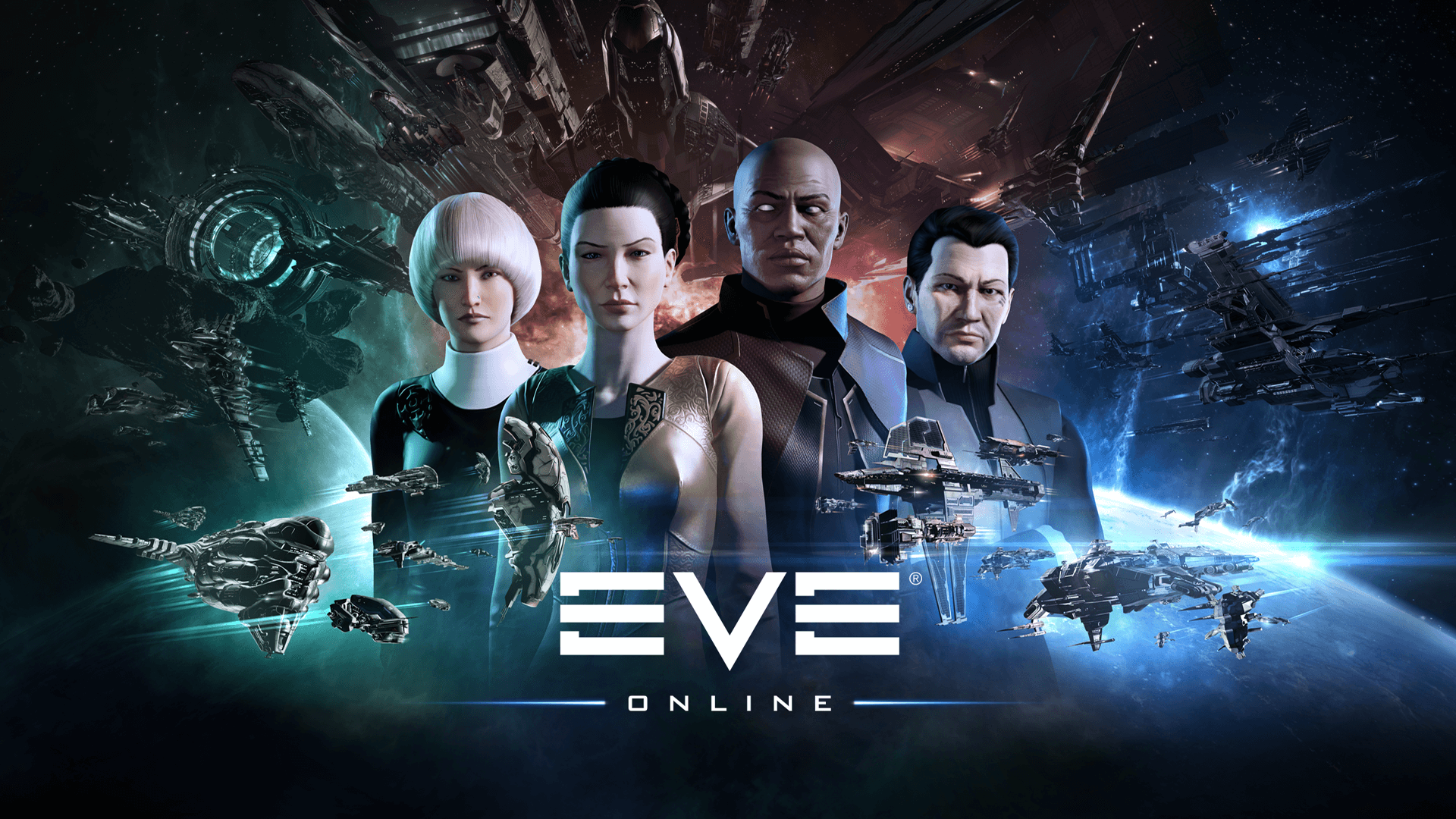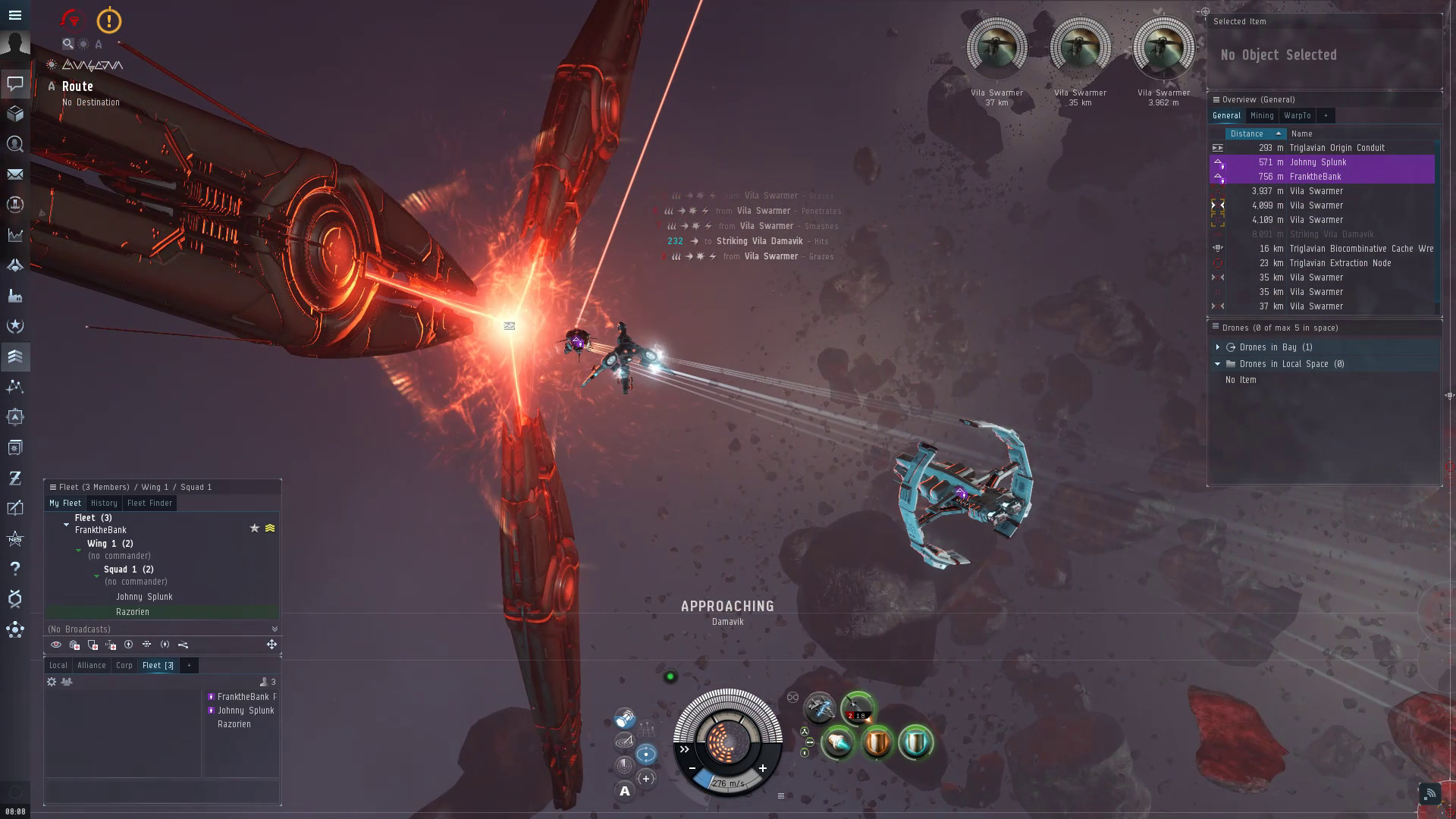Eve Sanderson Schiff - Exploring Digital Communities
Sometimes, when we talk about online worlds and the people who shape them, certain names just seem to pop up. There are individuals whose thoughts and contributions truly help us see things a bit differently, you know? It's like they have a special way of looking at the big picture of how people come together in these digital places, which is, honestly, quite compelling.
We're talking about someone who, in a way, helps us think more deeply about the connections we build online and the subtle rules that govern these virtual spaces. It's not always about the flashy new updates or the latest tech; sometimes, it's about the very human interactions happening within these digital borders, which can be pretty complex, as a matter of fact.
This conversation turns to Eve Sanderson Schiff, a voice that has, you know, quietly made a mark in discussions around online community dynamics and the economies that grow within them. Her ideas help shed some light on what makes these digital societies tick, and how they mirror, or perhaps differ from, our everyday lives, which is really interesting to consider.
Table of Contents
- Biography of Eve Sanderson Schiff
- What is Eve Sanderson Schiff's work about?
- How does Eve Sanderson Schiff connect with digital communities?
- What insights does Eve Sanderson Schiff offer on virtual economies?
- The Human Side of Digital Spaces: Eve Sanderson Schiff's Perspective
- Looking Ahead: What's next for Eve Sanderson Schiff?
- Why does Eve Sanderson Schiff's voice matter?
- Final Summary
Biography of Eve Sanderson Schiff
Eve Sanderson Schiff, a figure known for her thoughts on digital social structures, has spent a good portion of her career examining how people come together in online settings. She, you know, started out with a background in social sciences, which gave her a solid base for looking at human behavior. Her early studies often focused on how groups form and maintain themselves, whether in person or, you know, through screens. This foundation, actually, proved quite useful as the internet began to grow, and more and more of our lives started moving into digital spaces.
She, for instance, became particularly interested in persistent online worlds, the ones where people spend countless hours building things, making friends, and even, you know, creating their own economies. It's like she saw these places as living laboratories, offering a unique chance to watch social dynamics play out on a really large scale. Her approach tends to be very observational, spending time within these communities to truly grasp their inner workings, rather than just looking at data from a distance. This kind of hands-on approach, you know, really sets her work apart.
Over the years, Eve Sanderson Schiff has contributed to various discussions, offering a perspective that often bridges the gap between academic theory and the lived experience of online community members. She’s, frankly, a proponent of looking at these digital societies as legitimate social structures, complete with their own rules, customs, and challenges. Her writings and talks often highlight the very real human elements present in these virtual settings, reminding us that behind every avatar is a person, which is, in a way, a simple but powerful idea.
- Prefab House Tiny
- Salt In The Shower For Men
- Allintitleyour Honor Showtime Cast
- Brian Gillis Lfo
- Maitland Ward Boy Meets World Character
Personal Details: Eve Sanderson Schiff
| Attribute | Detail |
|---|---|
| Full Name | Eve Margaret Sanderson Schiff |
| Known For | Digital Community Studies, Virtual Economy Commentary |
| Nationality | American |
| Occupation | Researcher, Author, Speaker |
| Education | Ph.D. in Sociology (focus on Digital Cultures) |
| Affiliations | Various academic institutions and digital culture think tanks |
| Notable Works | "The Fabric of Digital Societies," "Economies Beyond the Screen" |
| Interests | Online gaming, community building, economic theory, human behavior |
What is Eve Sanderson Schiff's work about?
So, what exactly does Eve Sanderson Schiff focus on in her professional life? Her work, you know, centers on peeling back the layers of online interactions to see what truly makes them function. She often looks at how people form groups in digital spaces, how those groups evolve, and what kinds of unspoken rules or norms come into play. It's like she's trying to figure out the social glue that holds these virtual societies together, which is a pretty big topic, actually.
A significant part of her interest, for instance, lies in the economic aspects of these online worlds. Think about games where players can create items, trade resources, or even run their own businesses. Eve Sanderson Schiff examines these player-driven economies, considering how they mirror real-world markets, and where they differ. She asks questions about supply and demand within a game, the value of virtual goods, and how these internal economies affect player behavior and community health. It's a bit like studying a miniature financial system, but one built on pixels and code, which can be surprisingly complex, to be honest.
Beyond the economics, she also explores the very human stories within these digital settings. She's interested in why people choose to spend so much time in these spaces, what they gain from the connections they make, and how these online experiences shape their lives outside the screen. Her work, in some respects, isn't just about the technology; it's about the people who use it, and the unique cultures they build together, which is, well, pretty fascinating when you think about it.
How does Eve Sanderson Schiff connect with digital communities?
It's fair to wonder how someone like Eve Sanderson Schiff actually connects with the very digital communities she studies. She doesn't just, you know, observe from afar. She often immerses herself in these spaces, participating as a regular member to gain a more genuine sense of the community's pulse. This might involve spending time in various online forums, chat groups, or even, for example, joining player groups in large online games. It's a hands-on approach that, frankly, provides a richer understanding than just reading academic papers.
She also, in a way, builds bridges between different groups. Sometimes, she'll facilitate discussions between developers of online platforms and the players who use them, helping each side better understand the other's perspective. She acts as a kind of translator, taking complex technical or economic ideas and explaining them in ways that make sense to a broader audience. This ability to communicate across different groups is, you know, pretty valuable in the often-siloed world of digital communities.
Moreover, Eve Sanderson Schiff often shares her findings in accessible ways, like public talks or articles that aren't hidden behind academic paywalls. She believes that the insights gained from studying digital communities should be available to everyone, not just fellow researchers. This open approach, you know, encourages more people to think critically about their own online experiences and the spaces they inhabit, which is a very good thing, actually.
What insights does Eve Sanderson Schiff offer on virtual economies?
When it comes to virtual economies, Eve Sanderson Schiff offers some really interesting ideas. She often points out that these in-game markets, for instance, can be surprisingly similar to real-world ones, complete with inflation, supply chain issues, and even, you know, speculative bubbles. She's looked at how the value of virtual items can change dramatically based on player demand or game updates, which is a lot like how real markets behave, actually.
One of her key insights, for example, is how the actions of a few influential players can affect the entire economy of a game. She's talked about how, in some games, a small group of highly active producers or traders can, you know, effectively control the market for certain goods. This can lead to situations where new players find it very hard to get started in manufacturing or trading, because the established "old guard" has, in some respects, cornered the market. This mirrors real-world economic concentration, which is, you know, something to think about.
She also considers the human motivation behind these virtual economic activities. Is it just about making in-game money, or are there deeper reasons, like status, reputation, or even just the enjoyment of the process itself? Eve Sanderson Schiff suggests that for many, it's not simply about profit; it's about being part of a larger system, contributing to a virtual society, or even, you know, just enjoying the challenge of building something from the ground up. This broader view of economic activity, honestly, adds a lot to the conversation.
The Human Side of Digital Spaces: Eve Sanderson Schiff's Perspective
Eve Sanderson Schiff has always, you know, put a strong emphasis on the human side of digital spaces. She argues that even though we're interacting through screens, the emotions, relationships, and social structures we build online are very real. It's not just about pixels and code; it's about genuine human connection, which is, you know, pretty important to remember.
She often highlights how online communities can provide a sense of belonging for people who might feel isolated in their physical lives. For instance, someone might find a group of like-minded individuals in a game or a forum, and those connections can become incredibly meaningful. She points out that these digital spaces can be places of great support, creativity, and shared experience, actually. They can, in a way, become a second home for many.
Her perspective also touches on the challenges that come with these digital interactions. Things like conflict, misinformation, and the darker aspects of online behavior are also part of the human experience in these spaces. Eve Sanderson Schiff believes that by understanding both the good and the bad, we can work towards building healthier, more inclusive online environments. It's about recognizing the full spectrum of human interaction, even when it happens, you know, virtually.
Looking Ahead: What's next for Eve Sanderson Schiff?
So, what might the future hold for Eve Sanderson Schiff's work? She's always, you know, looking for new areas to explore within the ever-shifting landscape of digital communities. One area she's expressed interest in is how artificial intelligence might change online social dynamics. Will AI-driven characters or tools alter the way people interact, or will they simply become new elements within existing social structures? It's a big question, to be honest.
She's also, for example, keen on examining the long-term effects of spending significant time in online worlds. Are there lasting impacts on our social skills, our perceptions of reality, or even our sense of self? These are deep questions that, you know, require careful thought and observation over many years. Her research could, in some respects, provide valuable insights as more and more of our lives become intertwined with digital experiences.
There's also a continuing focus on the policy implications of digital spaces. As online communities grow in influence, how should they be governed? What responsibilities do platform creators have, and what rights do users possess? Eve Sanderson Schiff's work could, you know, help shape discussions around these important ethical and regulatory considerations, ensuring that digital spaces remain places where people can connect and thrive, which is, frankly, a very important goal.
Why does Eve Sanderson Schiff's voice matter?
It's worth considering why Eve Sanderson Schiff's voice holds significance in discussions about online life. Her contributions, you know, help us move beyond simple ideas about digital spaces being "just games" or "just websites." She encourages us to see them as complex, living societies with their own rules, economies, and cultures. This perspective, actually, is pretty crucial for anyone trying to understand the modern world.
She offers a human-centered view, reminding us that at the heart of every digital interaction are people. This helps to counteract the tendency to reduce online behavior to mere data points or algorithms. By focusing on the human element, she helps us appreciate the genuine connections and meaningful experiences that happen online, which is, you know, something that often gets overlooked.
Her work also, for instance, provides a framework for thinking about the future of our digital lives. As more of our activities move online, understanding the dynamics of these spaces becomes increasingly important. Eve Sanderson Schiff's insights can help individuals, communities, and even policymakers make better choices about how we build and interact within these evolving digital environments. Her perspective is, in a way, a guiding light for making sense of our increasingly connected world.
Final Summary
This article has explored the work and ideas of Eve Sanderson Schiff, a notable voice in the study of digital communities and virtual economies. We've looked at her background, her approach to understanding online social structures, and her particular interest in how economies function within these digital spaces. The piece also touched on her human-centric perspective, highlighting the real connections and challenges present in online interactions. Finally, we considered the future directions of her research and why her insights remain so relevant in our increasingly digital world, offering a deeper appreciation for the complex interplay of human behavior and technology.
- Edvin Ryding Parents
- Julie Brady
- Jaimie Smiles Bio
- Alyssa Diaz Movies And Tv Shows
- Anne Hathaway Sons

EVE Online | Pobierz i zagraj za darmo — Epic Games Store

Old School Role Playing - Role Playing The Way It Was Meant To Be

EVE Online en Steam